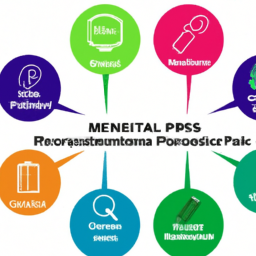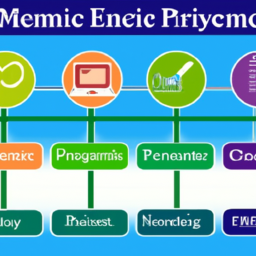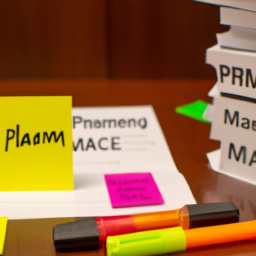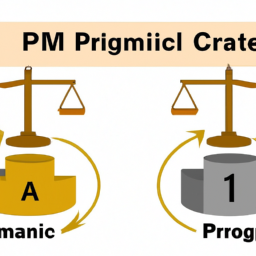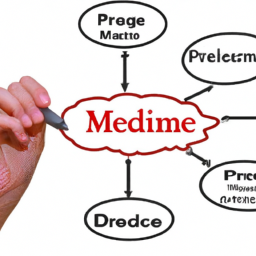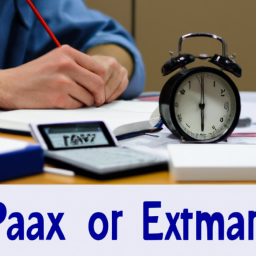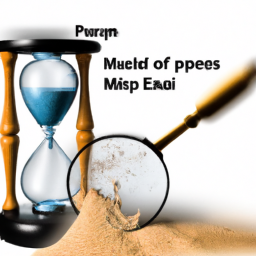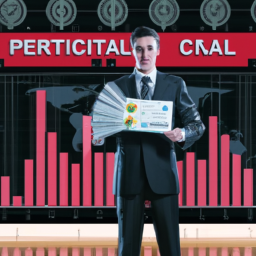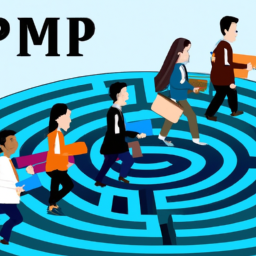Are you ready to conquer the PMP exam and break down its most challenging concepts? Strap in, because we’re about to take you on a wild ride through the ins and outs of this notoriously tough exam.
From understanding its structure and scoring to mastering time management and navigating agile methodologies, we’ve got you covered.
Get ready to dive deep into the world of PMP and emerge victorious. Let’s get started!
Key Takeaways
- Five process groups and ten knowledge areas are critical concepts for the PMP exam.
- Effective study strategies include creating a study schedule and breaking down the material.
- Practice applying concepts through sample questions and quizzes.
- Utilize visual aids like flowcharts or diagrams to help understand processes.
5 Key Concepts to Master for the PMP Exam
Key concepts to master for the PMP exam include understanding the five process groups and ten knowledge areas. These critical concepts form the foundation of project management and are essential for success on the exam.
To effectively study and master these concepts, it is important to employ effective study strategies. Start by creating a study schedule that allows you to dedicate sufficient time to each concept. Break down the material into manageable chunks and focus on understanding the key principles and their interrelationships.
Practice applying these concepts through sample questions and quizzes to reinforce your understanding. Utilize visual aids such as flowcharts or diagrams to help visualize the processes and knowledge areas.
Lastly, review and revise regularly to ensure retention of the material. By mastering these critical concepts and employing effective study strategies, you will be well-prepared for the PMP exam.
Understanding the PMP Exam Structure and Scoring
To understand how the PMP exam is structured and scored, you’ll need to familiarize yourself with the exam format and the way points are allocated for each question. The PMP exam consists of multiple-choice questions, with four possible answers for each question. There are two types of questions in the PMP exam: situational and knowledge-based.
Situational questions present you with a scenario and ask you to choose the best course of action, while knowledge-based questions test your understanding of project management concepts.
To pass the PMP exam, you must answer a minimum number of questions correctly. The passing score for the PMP exam is not revealed by the Project Management Institute (PMI). However, it is important to note that the PMP exam is not graded on a percentage basis.
Instead, it follows a psychometric scoring method, where the difficulty level of each question determines the number of points it is worth. The points are then tallied to determine your final score.
Overcoming Challenges in PMP Exam Time Management
If you’re struggling with managing your time during the PMP exam, it’s important to identify strategies that can help you stay on track and complete the exam within the allocated time.
Effective study techniques can greatly assist you in this endeavor. Start by creating a study schedule that includes dedicated time for each knowledge area. Prioritize your study materials and focus on understanding the most challenging concepts first. This will help you allocate your time efficiently.
Additionally, break down your study sessions into smaller, manageable chunks to prevent burnout. Managing exam anxiety is also crucial for effective time management. Take breaks, practice relaxation techniques, and visualize yourself succeeding in the exam.
Demystifying PMP Exam Formulas and Calculations
Understanding PMP exam formulas and calculations is essential for success in the test. These formulas and calculations are a crucial part of the Project Management Professional (PMP) certification exam, and being able to apply them accurately is key to passing the exam.
To help you prepare, let’s dive into some PMP exam formula explanations and examples of PMP calculations.
One important formula is the Earned Value Management (EVM) formula, which helps project managers measure project performance. By calculating metrics like Planned Value (PV), Actual Cost (AC), and Earned Value (EV), project managers can assess if a project is on track or not.
Another important concept is the Critical Path Method (CPM) calculation. This calculation helps identify the longest sequence of dependent activities in a project, determining the project’s overall duration.
Navigating the PMP Exam’s Agile and Hybrid Methodologies
Navigating the PMP Exam’s Agile and Hybrid Methodologies can be complex, but understanding these approaches is essential for project managers seeking success.
Agile project management is a flexible and iterative approach that focuses on delivering value to customers through frequent and incremental product deliveries. It emphasizes adaptability and collaboration, allowing teams to respond quickly to changes and customer feedback.
On the other hand, hybrid project management combines traditional and agile approaches, leveraging the strengths of both methods to suit the project’s unique needs. This enables project managers to strike a balance between predictability and flexibility.
To excel in the PMP Exam, it is crucial to have a deep understanding of these methodologies, their principles, and how to apply them effectively in real-world project scenarios.
Frequently Asked Questions
Are There Any Specific Study Materials or Resources Recommended for Preparing for the PMP Exam?
To prepare for the PMP exam, you need the right study materials and resources. There are specific ones recommended to help you succeed.
These materials are designed to give you a comprehensive understanding of the exam topics and provide practice questions to test your knowledge. Some popular resources include PMP exam prep books, online courses, and practice exams.
How Long Does It Typically Take to Study for and Pass the PMP Exam?
When studying for the PMP exam, it typically takes a few months to adequately prepare. It’s important to create a study timeline that allows for thorough understanding of the exam concepts.
Along with studying the material, taking practice exams is crucial. These exams help you become familiar with the format and timing of the actual exam. They also allow you to identify areas where you need improvement and focus your studying accordingly.
Is There a Limit on the Number of Times You Can Take the PMP Exam if You Fail?
There is no limit on the number of times you can take the PMP exam if you fail.
However, it’s important to note that there are certain requirements you must meet in order to pass. You need to achieve a passing score of 61% or higher to pass the exam.
It’s essential to thoroughly prepare and study for the exam to increase your chances of passing on the first attempt.
Are There Any Tips or Strategies for Effectively Memorizing the Various Formulas and Calculations Needed for the PMP Exam?
To effectively memorize the formulas and calculations needed for the PMP exam, there are a few tips and strategies you can follow.
Firstly, create a study schedule that allows for regular review and practice.
Use flashcards or mnemonic devices to aid in memorization.
Additionally, make use of recommended study materials such as textbooks, online courses, and practice exams.
These resources will provide you with the necessary information and practice to confidently tackle the formulas and calculations on the PMP exam.
Can You Provide Some Examples of the Types of Questions That Might Be Asked in the Agile and Hybrid Methodologies Section of the PMP Exam?
When it comes to the Agile methodologies and Hybrid project management section of the PMP exam, you might encounter a variety of question types. For example, you could be asked to identify the key principles of Agile or explain how to manage change in a Hybrid project.
Other questions might require you to compare Agile and Traditional project management approaches or analyze the benefits and challenges of using Agile methodologies in a project.
Prepare by understanding these concepts thoroughly.
Conclusion
Congratulations! You’ve successfully navigated through the challenging concepts of the PMP exam. Like a skilled sailor steering through rough waters, you’ve conquered the structure, scoring, time management, formulas, and methodologies of this rigorous exam.
Your knowledge is now as sharp as a finely honed sword, ready to conquer any project management challenge that comes your way.
So go forth, my friend, and let your PMP certification be the shining beacon that guides you to success in the vast sea of project management.


